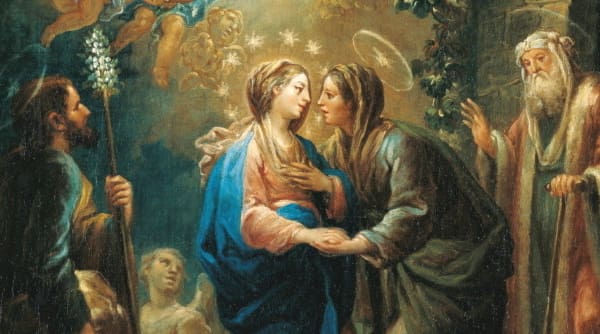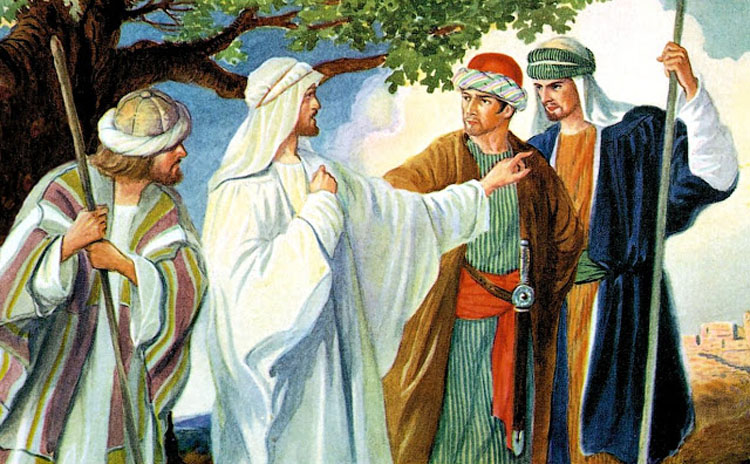THE HOLY FAMILY - Luke 2:41-52
Immediately after Christmas, we celebrate de Holy Family, that is Jesus’ family. Here we speak of the nuclear family constituted by Joseph, Mary and Jesus. Like most families in western countries, it was a small family, with one child only. However, Jesus did not grow up alone and isolated, centred on himself, as it is the common case today. He belonged to an extended family and to a community in which he felt loved and cared for. Nowadays, in families with only one child, this child is treated like a prince or a princess. Thus, they grow in a narcissistic way, as if they are the centre of the world and everything must be at their service and fall at their feet.
Luke summarises Jesus’ growing up saying that he “increased in wisdom, in stature, and in favour with God and men.” Such harmonious growth is possible only with a loving family that nurtures the young person and enables him to grow in responsibility feeling at peace with oneself. We are in need of such families. And Jesus’ family is a role model which all can look at.
In these modern times, families are being hammered on all sides, as if people are intent on destroying them. A family implies a loving, committed and covenanted relationship between a man and a woman, from which new life comes forth. A child needs the love of a mother and father who love each other. Growing up, a young person is in search of his self and in a continuous effort of self-affirmation. He (she) may have a question for each we do not have answers or give answers that leave us puzzled. That happened with Jesus. His mother reproached him because he had caused unnecessary worries and then did not understand Jesus’ answer. They were looking for him and, on the third day, they found him in Jerusalem, in the Temple. Jesus’ answer: “Did you not know that I must be busy with my Father’s affairs?” is the key for his life; it indicates the whole purpose of his life. He came to be at his Father’s service and to do his will. That is and will be the only motivation that will guide him. God’s will is paramount and everything else comes behind. To God and to God alone belongs the first place and no human claim may deviate us from doing His will. And God’s will may be different from what we expect or think. Mary had to learn that; that’s why she “stored up all these things in her heart.”
Let us pray for our families. May God protect them and strengthen their love.





.jpg/220px-Cristo_Rei_(36211699613).jpg)










